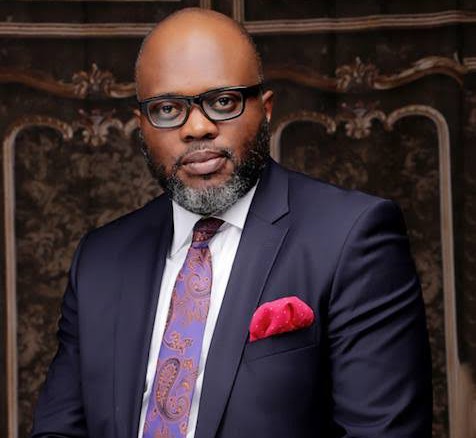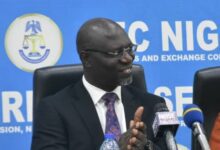Nigeria Needs More Domestic Bonds To Fund 2021/2022 Budgets-Fasua

A renowned businessman, economist, writer and political Reformer, Dr. Tope Kolade Fasua has disclosed that Nigeria would need more domestic bonds to be able to fund 2021 and 2022 Budgets.
The former Presidential Candidate of Abundant Nigeria Renewal Party (ANRP) disclosed this in a chat with our correspondent.
Dr. Fusua said, Nigerian government should go out and gets a domestic bond, like a war bond, which it can pay about 10 to 13% because, according to him, the budget for 2021, 2022 would be very difficult to fund.
He said, given that crude oil price has taking a dive, raising a local bond would be good and it will also help in backstopping the fall in the value of the naira.
“Nigeria is doing some of the things it ought to do right now. We are going around looking for money, which is natural, and also the best thing to do at the moment.
“We are raising money the way we should, and we could raise a whole lot more. I also think that the Nigerian government should go out and get a domestic bond, like a war bond which you can pay about 10 to 13percent because the budget for 2021, 2022 will be very difficult to fund.
“Given that crude oil price has taking a dive, I think raising a local bond will be good now and it will also help in backstopping the fall in the value of the naira.
“We need to backstop the fall in the value of the naira because, a lot of people are going to try and shut the naira by moving into other currencies like the dollar and co, so we need to find a way of tying them into the local currencies with this kind of very nice investment. The time is now,” he said.
On what the government should do to mitigate the present harsh economic reality, Dr. Fasua said, “all the things around expenditure, including cutting down some frivolous government expenditure, reordering the budget, ensuring that we focus right now on the survival of the people of this country.
“Essentially, that will mean that larger part of our budget should go into the health sector, education, environment, agriculture, and security,” he said.






